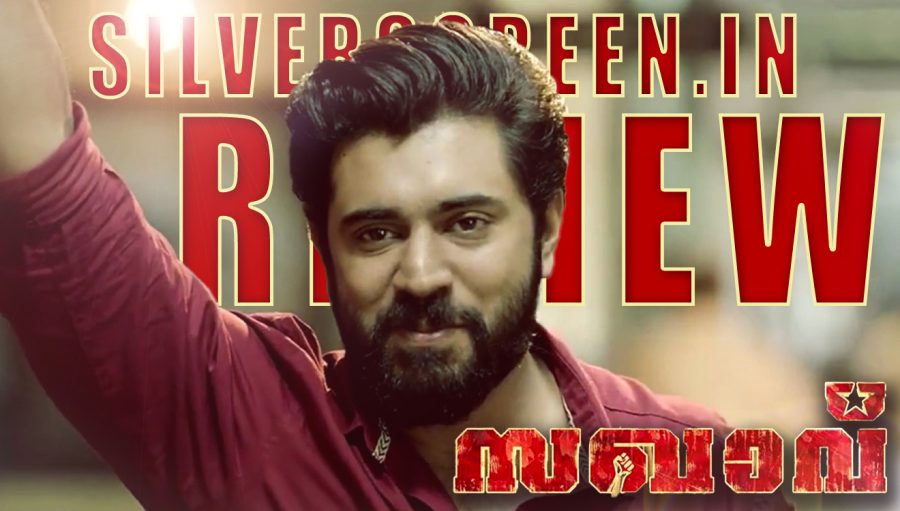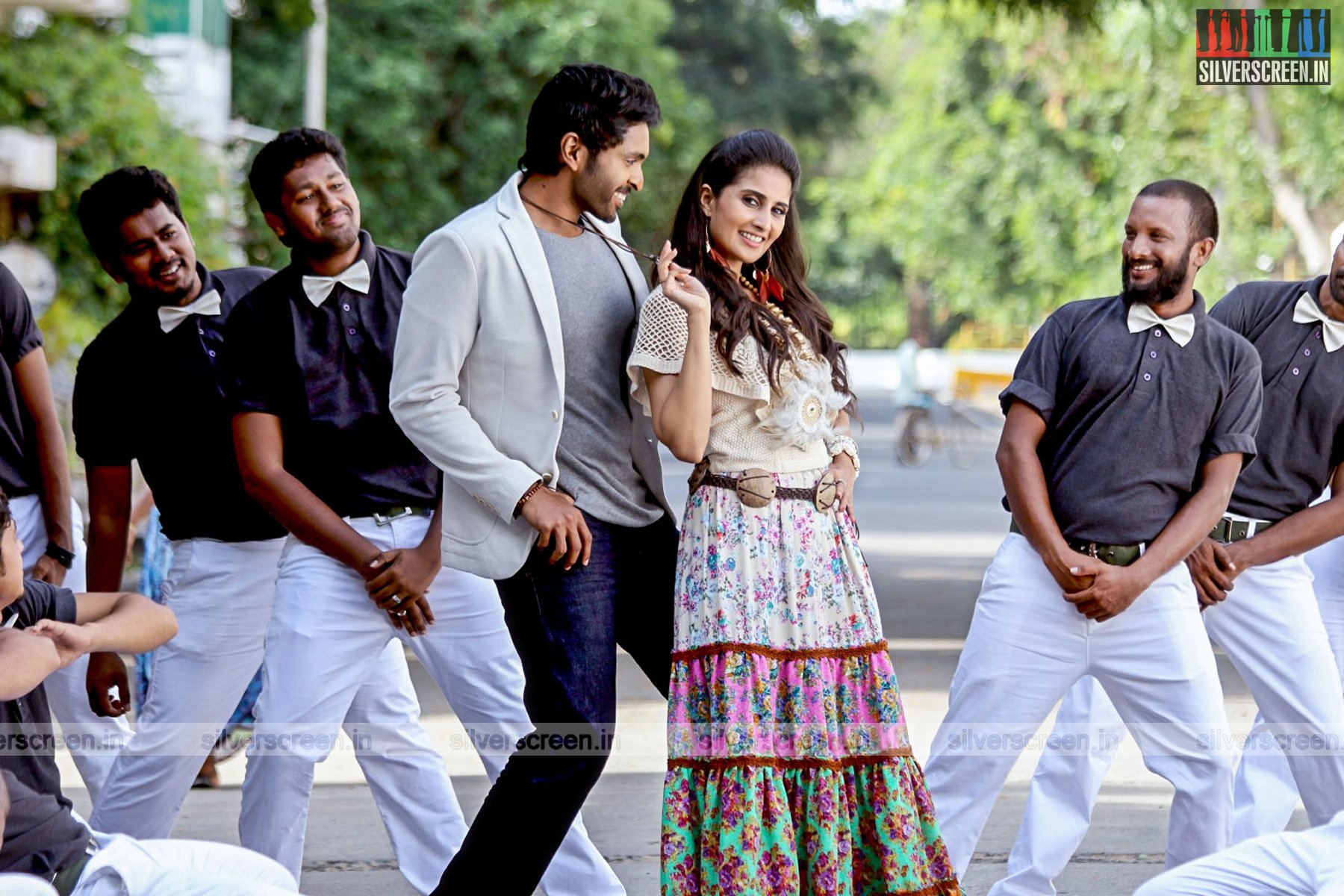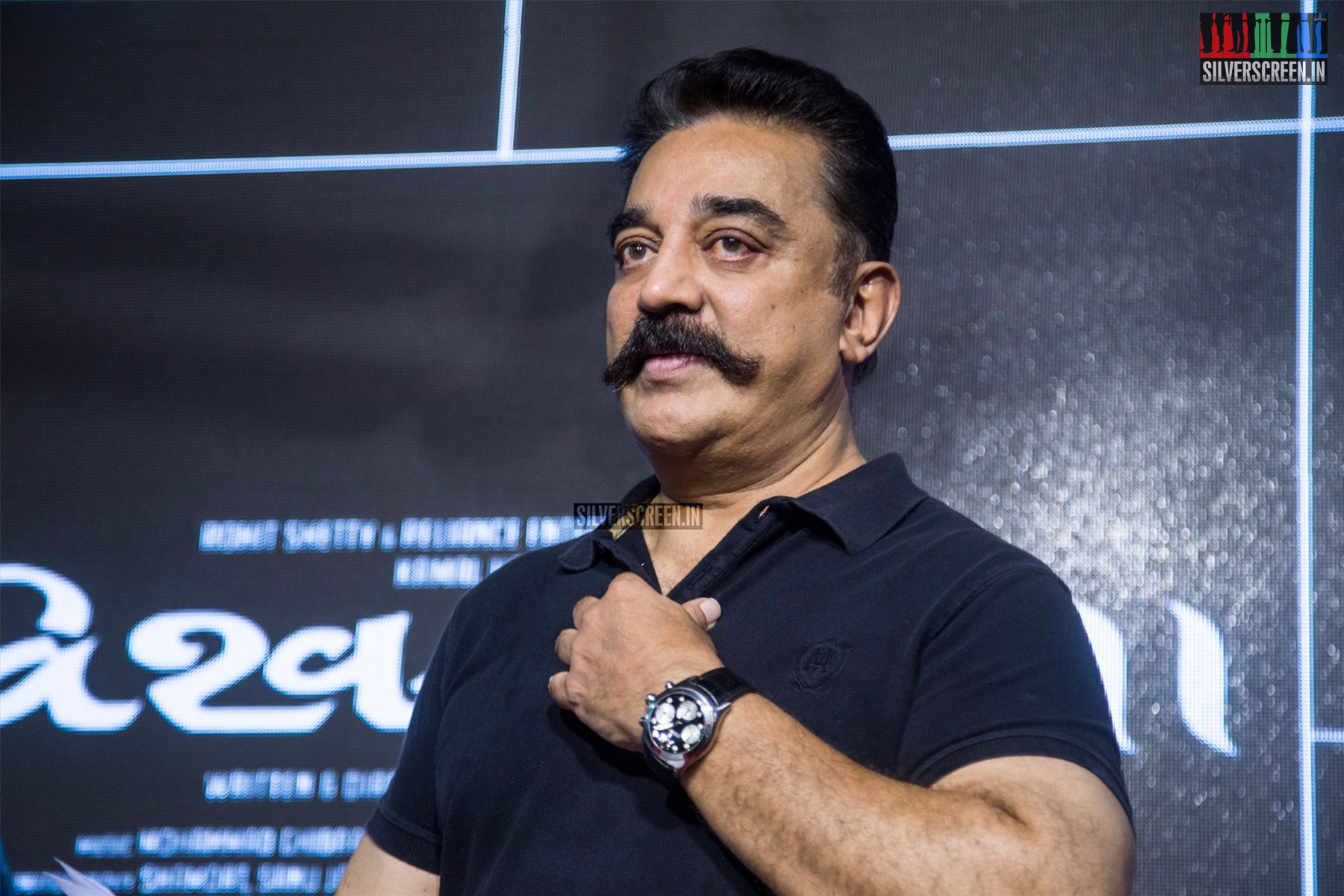Siddharth Siva’s latest film has a tricky title. Sakhavu (Comrade) is a word that might seem plain, but there isn’t an over-used, a more romanticized ideological figure in Malayalam cinema than a comrade.
Every once in a while, the industry churns out a film, starring an upcoming male superstar, in a role that would require him to act like he is Che Guevara, bear a red flag, raise his fist and scream Inquilab Zindabad, and deliver punch dialogues and powerful blows.
Although the leftist political parties in Kerala are busy digging their own grave, these on-screen comrades have managed to woo the audience almost every time, even if they are portrayed sans any sincerity. Rarely has Malayalam cinema gone beyond the glitzy peripheries of communism and pulled off a film like Lal Salaam or Arabi Kadha.
The immediate factor that separates Sakhavu from its counterparts like Oru Mexican Apaaratha, is its earnestness. Although narrated like a moral tale, the film has its heart in the right place.
It celebrates the exalted spirit of a man who selflessly works towards the betterment of the world all his life, rather than romanticizing the colour of the flag that he bears. The narration is rather predictable and old-fashioned, woven around punch dialogues and familiar situations. However, the film’s ardent conviction in its portrayal of the central character, Sakhavu Krishnan (Nivin Pauly), a foolproof communist, makes it an impressive watch.
Supporting it amply is Prashant Pillai’s compelling background score. For one, there is a key night scene where Krishnan and his fellow comrades take on a set of ruthless goons. The scene is clumsily lit up and shot, yet the riveting background music makes up for all the glitches, prompting you to root for the good guy.
***
The film oscillates between two time periods. It juxtaposes the stories of two contrasting men, from two different generations – Comrade Krishnan and Krishna Kumar, a millennial politician, both played by Nivin Pauly. Like a kindergarten teacher narrating to the brats in her class the stories from Aesop’s Fables, the film tells Krishna Kumar the inspiring life-story of Comrade Krishnan.
The film presents the latter like a man straight out of a fairy tale. A sepia-toned flashback sequence shows him arriving in the highland village of Peerumedu one fine day. The film never bothers to go into his past. The man is immensely kind, courageous and rational.
With an ability to maintain calmness even in the face of a calamity, Krishnan quickly becomes a hero in the village inhabited by poor tea estate labourers. He brings together the workers against exploitative employers. He motivates them to stand up for their rights. He works on the fields like one of them. While his fellow comrades sometimes display doubt and hesitation like normal human beings, Krishnan’s conviction in communism never wavers a slightest bit.
He is the personification of everything Karl Marx wrote and envisioned. In addition to these, Krishnan understands and appreciates art. He respects women. He is the stud that women complain of being non-existent.
It is to this perfect demigod the film compares Krishna Kumar, a reckless, lazy, youth whose biggest talent is his ability to lie through his teeth. The perfectness of Krishnan is not questioned since it’s through the exaggerated words of his admirers we learn of him. What doesn’t seem right is the over-night transformation of Krishna Kumar into a daredevil man, ready to take on the evil around.
Krishna Kumar is a role Nivin Pauly is so familiar with that he can sleepwalk through it. His performance as Krishnan is earnest, but lacks a much required nuance. Although he gets the looks right, the cold uprightness in his voice is, often, irksome.
As Comrade Krishnan, Pauly never tries to improvise. The pace of his walk, his dialogue modulation, is monotonous. It never raises or falls, but stays invariably on a midrange. That said, he plays the old age version of the role effectively. The make-up is great, and Pauly nails the frail body-language.
However, Siddharth manages to pull it down with a cringe-worthy stunt scene later on, where the old man, with numerous health problems, beats a 6-feet tall goon to pulp.
This goof-up is not surprising because Sakhavu lacks a cinematic finesse. For the most part, it resembles a stage play where the characters indulge in dialogue marathons. The stellar parts of the film are the ones that involve punch dialogues like, “I prefer to be identified by the prefix of my name – Comrade, than by any caste suffixes”, and “What can the harsh, cold weather of Periyar do to the indomitable spirit of a comrade!” And going by the cheering crowd in the movie hall, the dialogues do work.
Aparna Gopinath, who plays Krishnan’s JNU-educated daughter, gets some heroic moments in the second half. That’s heartening because seldom do these so-called new generation communist films in Malayalam acknowledge the presence of fiery, rebellious women.
***
Recommended
Sakhavu, much like Siddharth’s previous film, Kochouvva Poulo, is a refined lesson on life, told with a lot of old-school idealism. There are no betrayers or grey-shaded characters or moments. Krishnan gets married to Janaki, not for love, but out of responsibility. The couple are seen exchanging a few smiles and glances, but the film resists itself from doing anything beyond that, fearing it might bring Krishnan down from that moral heights.
What better film this would have been if Krishnan was more human and less divine, and if the screenplay had more shades other than just whites and off-whites.
*****
The Sakhavu review is a Silverscreen original article. It was not paid for or commissioned by anyone associated with the movie. Silverscreen.in and its writers do not have any commercial relationship with movies that are reviewed on the site.



